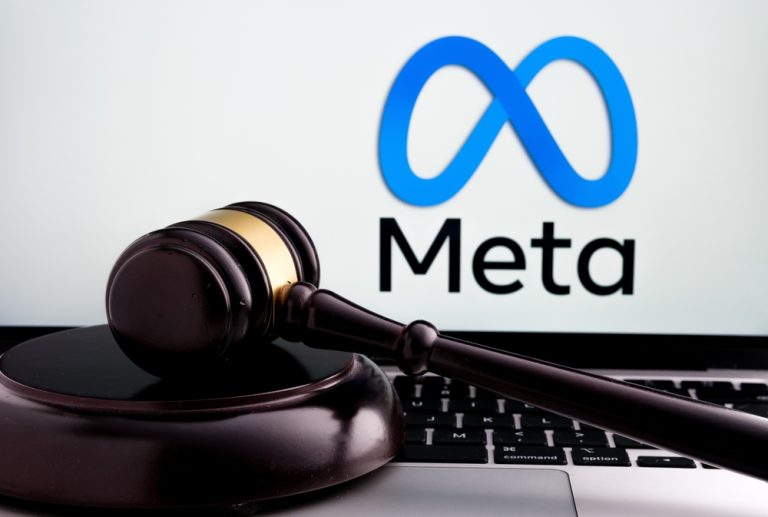In a bold legal move, Donald Trump’s defense team is poised to request a federal judge in Fort Pierce, Florida, to dismiss the charges against the former U.S. President concerning his possession of classified documents after his tenure. Trump, who has pleaded not guilty to a 40-count indictment, faces allegations of unlawfully retaining sensitive national security documents at his Mar-a-Lago estate and obstructing the efforts of the U.S. government to recover them. His lawyers argue that he had the authority to keep these records, designating them as “personal” under U.S. law governing presidential records.
This legal challenge emerges amidst Trump’s vigorous campaign for the Republican presidential nomination as he positions himself against Democratic President Joe Biden in the upcoming Nov. 5 U.S. election. Despite the legal controversies swirling around him, Trump’s political ambitions remain unscathed, evidenced by his recent clinching of the Republican nomination and the emotional support of his followers, who rallied outside the courthouse.
The prosecution, led by U.S. Special Counsel Jack Smith, counters Trump’s defense by highlighting the national security risk posed by the retention of documents detailing nuclear capabilities and U.S. military vulnerabilities. Smith also disputes Trump’s claim to personal ownership of the records, asserting the illegality of their removal post-presidency.
Amidst this legal battle, the focus narrows to the argument’s validity regarding the vagueness of charges related to national defense information retention by a former president and the broader implications for presidential record-keeping and accountability. Trump’s legal strategy also includes claims of presidential immunity and references to similar instances of classified record retention by other U.S. officials, including Biden, which did not lead to charges.
As Trump and his co-defendants, Walt Nauta and Carlos de Oliveira, seek case dismissal, the judicial response from U.S. District Judge Aileen Cannon, a Trump appointee, remains highly anticipated. With the case’s outcome potentially influencing the election’s dynamics, Trump’s legal maneuvering underscores the complex intersection of law, politics, and national security.
Donald Trump’s legal battle over classified documents poses significant questions about presidential privileges, national security, and legal standards. As the case unfolds, the implications for Trump’s political future and the broader legal precedents for presidential conduct remain to be seen. This pivotal moment in U.S. legal history underscores the enduring tension between political power and the rule of law, with the nation watching closely as the judiciary decides.






















